JICA Domestic Agencies and Development and Circulation
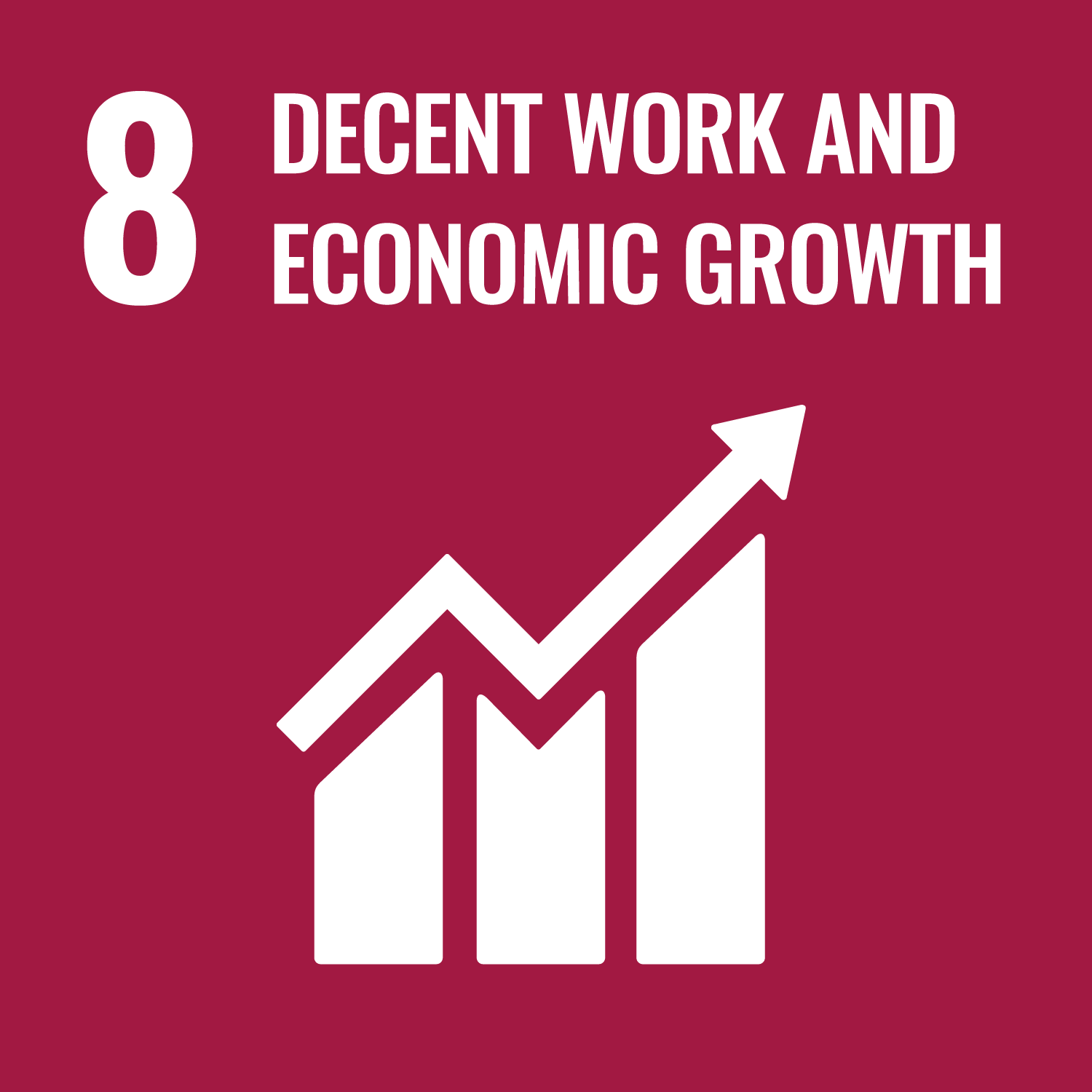
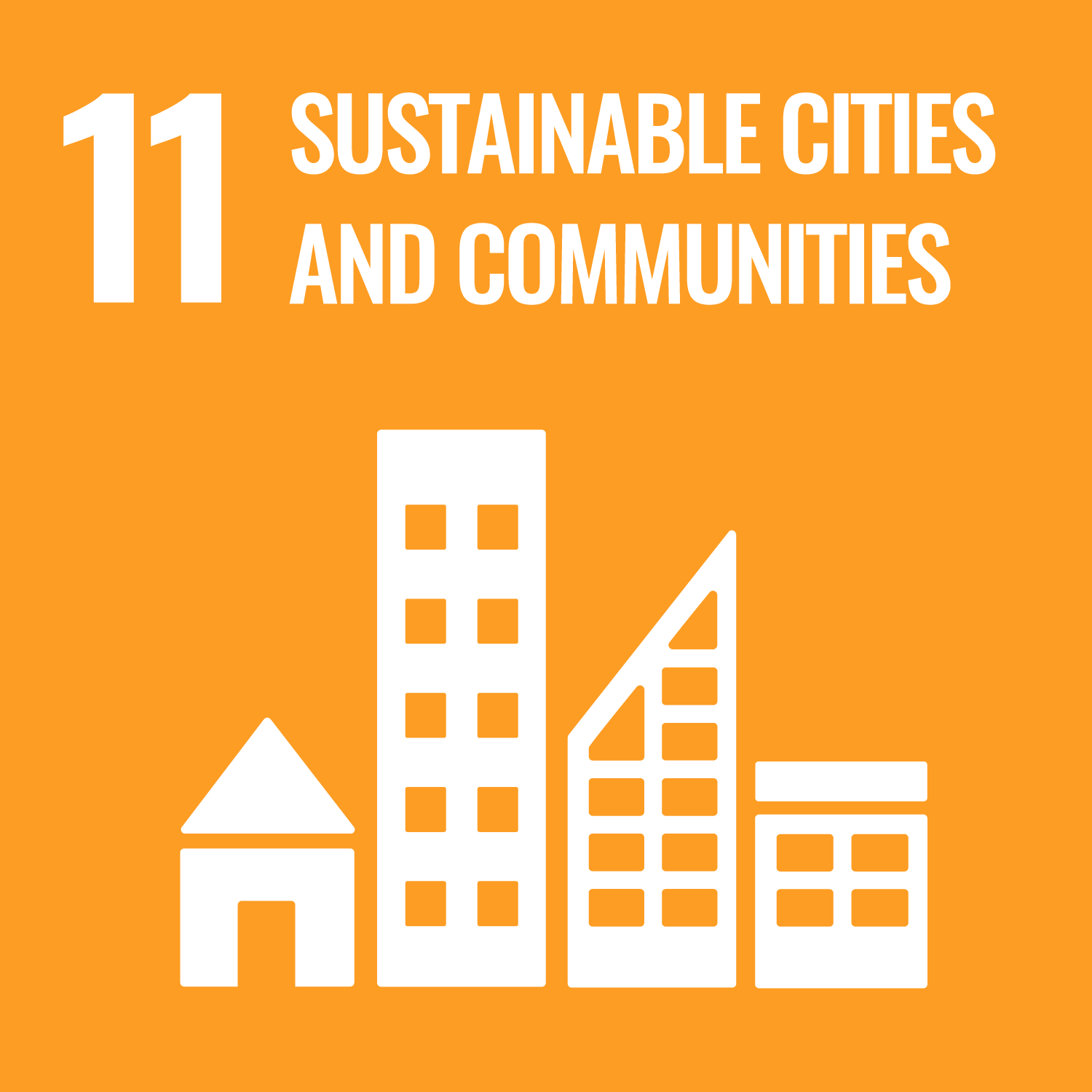

2025.07.07
-

- Director, General Affairs Division, Tohoku Center Shingo Fujiwara
On March 11, prayers were offered in various places along the coasts of Iwate, Miyagi, and Fukushima. As I worked at Tohoku Center from 2010 to 2013, I would like to write about what I felt after returning to Sendai for the first time in 11 years and about Tohoku today.
The coastal areas that were severely affected by the earthquake and tsunami have been neatly cleared and landscaped, and new buildings, levees, and facilities have been erected. Looking at this view without any prior knowledge, it may be hard to imagine that the Great East Japan Earthquake occurred here.
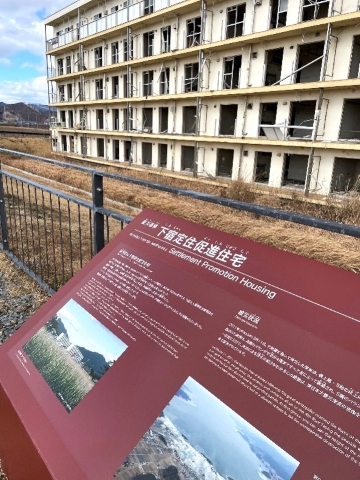
The houses built on the coast that survived the tsunami have been designated as earthquake
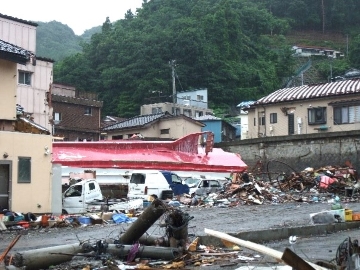
Tsunami scar (photo taken in 2011)
Even for myself, who had visited the affected areas many times, the gap of 11 years was huge. Now, I am following the footsteps of reconstruction and trying to fill this gap little by little.
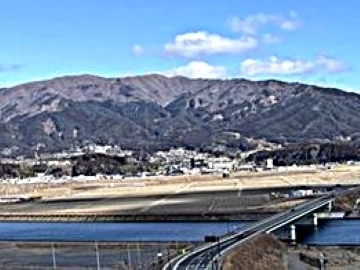
A view of the town after the foundation was laid. The town has been filled in and the center
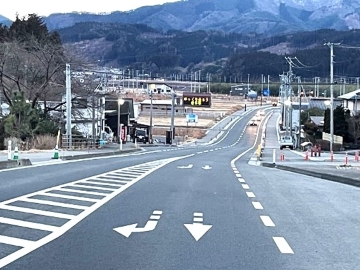
Road from the mountain side to the bay (Rikuzentakata City)
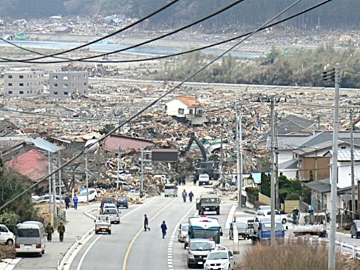
Immediately after the earthquake (Rikuzentakata City)
Source: Tohoku Regional Development Bureau Earthquake
For example, immediately after the earthquake, there were piles of debris washed ashore on both sides of the road, but it is difficult to imagine such a scene today.
In February 2023, a major earthquake hit southwestern Turkey, and I arrived there immediately after as a member of the emergency relief team. The landscape of collapsed buildings everywhere reminded me of what I saw immediately after the Great East Japan Earthquake.
Tohoku's experience and knowledge of the disaster and recovery will definitely be useful overseas as well . With regard to world disasters like the one in Turkey, the people of Tohoku, especially those in the affected areas, no doubt feel sincere sympathy and empathy. Also, many of the sheikhs are hoping to use this experience for the benefit of the rest of the world, as they received a lot of support from abroad at the time.
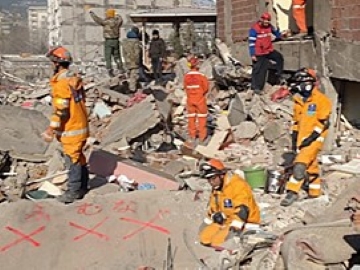
Searching for victims remaining in the rubble, Turkey.1
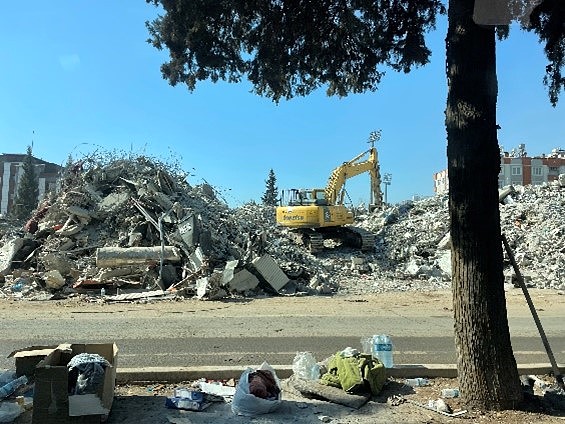
Searching for victims remaining in the rubble, Turkey.2
It has been 14 years since the Great East Japan Earthquake. Once again, I have the opportunity to hear from various people. For example,
"With the help of various human, material, and financial resources from all over Japan, we were able to build a city that would never repeat the horrors of the Great East Japan Earthquake."
I have heard some positive things, though,
Immediately after the earthquake, there was a positive attitude with a variety of support, but this has changed as time has passed. Immediately after the earthquake, there was a lot of government funding, but now it has decreased significantly."
The affected municipalities have lost the positive energy of their staff, and there is a sense of stagnation in the area."
The population has continued to decline since the earthquake and has dropped by 30% in the last 14 years. Young locals have also disappeared."
I am concerned that we are hearing negative stories about this.
I am constantly thinking about what JICA can do with the people of Tohoku.
In addition to the ongoing efforts for reconstruction in the affected areas of Tohoku, there is also a cluster of issues facing the rural areas of Japan. For example, the issues of depopulation and population decline, as well as the lack of interest in and stagnation of activities related to these issues. Local governments have a sense of crisis about this situation,
First of all, it is extremely important that people come to the city."
It is important to let people know that we are still in the process of recovery. We must not let the disaster fade away.
The following are some of the comments we have received.
JICA has been providing about 40 training programs per year to the affected areas (mainly in Iwate, Miyagi, and Fukushima prefectures), totaling more than 400 trainees, and has been promoting disaster prevention-related exchanges through grass-roots technical cooperation. JICA also continues to disseminate its initiatives and achievements, such as grand design for reconstruction, debris disposal, community rebuilding, and psychological care , as well as current issues. Many of the trainees have been affected by disasters themselves or are likely to be so. During the training, we received many words of gratitude from the people of Tohoku, who responded to us with empathy and kindness. We feel that trust in Japan is growing as a result of such heart-to-heart exchanges between the people involved.
Recently, candidates of JICA's Japan Overseas Cooperation Volunteers (JOCV) have also started visiting the Tohoku region as part of the Glocal Program (GP (*1)) . When GP students are active in a city, new opportunities for communication are created. The sense of stagnation in local communities has been gradually dispelled, and in some areas, local governments themselves have begun to accept GP students by utilizing the Regional Development Cooperation Volunteers program. We strongly feel the affinity between developing countries and local activities, and the growing expectations for cooperative members, and hope that JICA's activities will help to revitalize local communities, even if only a little.
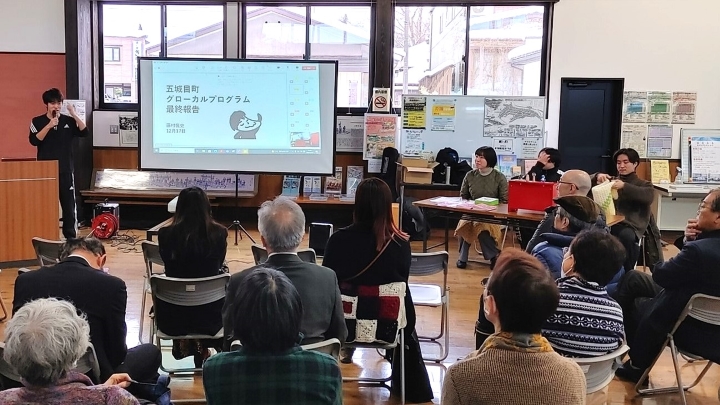
A debriefing session by a dispatch candidate who participated in the Glocal Program in Gojome Town, Akita Prefecture. Local residents are very interested in the program.
JICA's domestic offices are positioned as "nodes between Japan and overseas," but "Japan" cannot be simply defined as a single word on a macro level. From our activities in Tohoku, we feel that it is important to understand that "Japan" is a collection of points where multiple sites where people actually live are gathered, and that it is important to have such a micro perspective, carefully connect overseas and Japan, and work steadily to accumulate this work.
I myself, after many years of working only at the Tokyo headquarters, have come to realize that I have come to think of Japan only in terms of Tokyo and its vicinity. However, it has been just one year since I returned to Tohoku. I have been reminded once again that we must not forget the fact that 2/3 of Japan's population lives outside the Tokyo metropolitan area. We must gain the understanding of the local community, give back to that community, and gain their trust. Believing that this is also the basis for our work overseas, we continue to work daily as a member of a domestic organization.
scroll